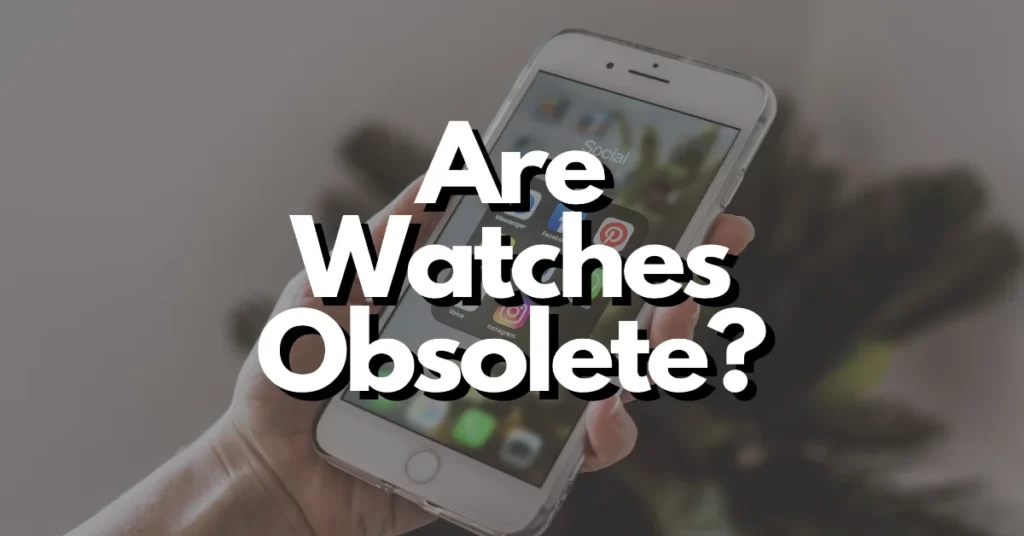With the advent of smartphones and other digital devices that display the time, one might question the relevance of traditional watches. Are watches becoming obsolete in the modern era?
In this article, we will explore the enduring appeal of watches and their significance beyond their timekeeping functionality. From fashion accessories and style statements to heirlooms and symbols of craftsmanship, we will delve into the reasons why watches continue to hold a special place in our lives, defying the notion of obsolescence and standing the test of time.
The Evolution of Timekeeping: From Traditional Watches to Modern Alternatives
Watches have been a part of human civilization for centuries, evolving with time to meet the changing needs and preferences of people. The traditional mechanical watches used springs, gears, and oscillators to measure time, while the quartz watches relied on batteries and crystals to provide high accuracy timekeeping.
With the advent of technology, smartwatches and wearables have entered the market, providing more than just timekeeping features, such as fitness tracking, mobile connectivity, and voice assistants. These modern alternatives have opened up new avenues for timekeeping, making it more personalized and convenient than ever before.
Changing Landscape of Timekeeping: Smartwatches, Wearables, and Beyond
Smartwatches and wearables are revolutionizing the way we interact with time, blurring the lines between technology and fashion. These devices combine the traditional functions of watches with advanced features such as fitness tracking, health monitoring, and mobile connectivity.
They have become a popular choice for people who want to stay connected and productive on the go, without compromising on style or functionality. The future of timekeeping seems to be leaning more towards technology, with wearables and smartwatches leading the way.
Role and Relevance of Watches in the Digital Age
In the digital age, where timekeeping can be done through a variety of devices, including smartphones, computers, and even cars, the role of watches may seem diminished. However, watches still hold a place in society as a symbol of style, status, and tradition. They are an expression of one’s personality, fashion sense, and taste.
Watches also provide a quick and convenient way to check the time, without the distractions of notifications and alerts from other devices. In short, watches continue to hold relevance in the digital age as a timeless accessory.
Perspectives on the Future of Watches: Obsolescence or Endurance?
As technology continues to advance at an unprecedented pace, there are concerns about the future of watches. Will they become obsolete, replaced by newer and more advanced technologies, or will they endure as a timeless accessory?
While it is difficult to predict the future, watches have a rich history and cultural significance, and have proven to adapt to changing times. It is likely that they will continue to evolve and incorporate new technologies, while still retaining their traditional functions and aesthetic appeal.
Balancing Tradition and Innovation: The Place of Watches in Today’s World
Watches hold a unique place in society as both a traditional timekeeping device and a modern fashion accessory. They have undergone various transformations over time, from mechanical to quartz to smartwatches, but have managed to retain their core functions and appeal.
In today’s world, watches offer a balance between tradition and innovation, combining the timeless elegance of traditional designs with the latest technologies and features. They provide a sense of connection to the past while still embracing the future.
Conclusion
In conclusion, while the way we keep track of time has evolved with the advancement of technology, traditional watches still hold their relevance and appeal for many individuals. Watches are not just about telling time; they are also about style, craftsmanship, and personal expression. While digital devices may provide convenient timekeeping

